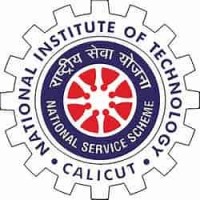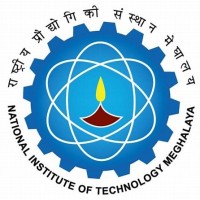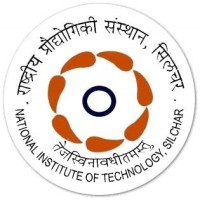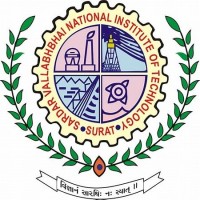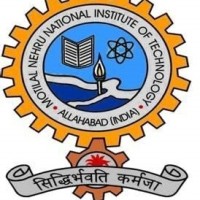
NIT Goa : College Details, Courses, Admissions, Placements, Rankings, and Fees Structure
INDIA, Goa, South Goa
-

Institution Type
Public - Autonomous
-

Year of establishment
2010
-

Recognized by
AICTE
-

Affiliated to
UGC, Ministry of Education
-

Accredited By
NBA, NAAC A
-

Campus Area
121
The National Institute of Technology Goa (NIT Goa) is a premier technical institute in Farmagudi, Ponda, Goa, India. It was established in 2010 by an Act of Parliament and declared an "Institute of National Importance". NIT Goa is an autonomous institute functioning Under the authority of the Ministry of Human Resource Development(MHRD), Government of India.
Table of Content
NIT Goa Affiliation and Accreditation
Affiliation
- National Institute of Technology Goa (NIT Goa) is affiliated with the Ministry of Education, Government of India,
- It is also acknowledged and accredited by the University Grants Commission (UGC) and the All India Council for Technical Education (AICTE).
Accreditation
- NIT Goa is accredited by the National Board of Accreditation (NBA) for its undergraduate programs.
- It is also accredited by the National Assessment and Accreditation Council (NAAC) with a grade of A.
NIT Goa Facilities
- Academic Infrastructure:
- Well-equipped classrooms and lecture halls.
- State-of-the-art laboratories for practical learning.
- Dedicated spaces for workshops and seminars.
- Library Resources:
- Extensive collection of books, journals, and research materials.
- Access to digital resources and online databases.
- Reading rooms for quiet study.
- Computing Facilities:
- High-speed internet connectivity across the campus.
- Computer labs equipped with cutting-edge hardware and software.
- Support for research and project work.
- Hostel Accommodation:
- Separate hostels for boys and girls.
- Comfortable living spaces with essential amenities.
- 24/7 security and supervision.
- Sports and Recreation:
- Sports facilities for various indoor and outdoor activities.
- Gymnasium for fitness enthusiasts.
- Playgrounds and courts for sports like cricket, football, basketball, and more.
- Health and Wellness:
- Medical facilities with qualified staff.
- Regular health check-ups and awareness programs.
- Counselling services for students' mental well-being.
- Cafeteria and Dining:
- Cafeterias serve a variety of meals and snacks.
- Hygienic food preparation and dining areas.
- Options for both vegetarian and non-vegetarian preferences.
- Transportation:
- Bus services for commuting within the campus.
- Connectivity to nearby areas and transportation for academic purposes.
- Research and Innovation Centers:
- Dedicated centres for research and innovation.
- Collaboration opportunities with industry and other institutions.
- Support for funded research projects.
- Student Clubs and Societies:
- Various clubs and societies for extracurricular activities.
- Opportunities for students to engage in cultural, technical, and social events.
- Platforms for leadership development and skill enhancement.
- Guest Lectures and Workshops:
- Regular guest lectures by industry experts and academicians.
- Workshops and seminars to enhance practical knowledge.
- Networking opportunities for students.
- Environmental Initiatives:
- Sustainable campus practices and initiatives.
- Green spaces and eco-friendly infrastructure.
- Awareness programs for environmental conservation.



